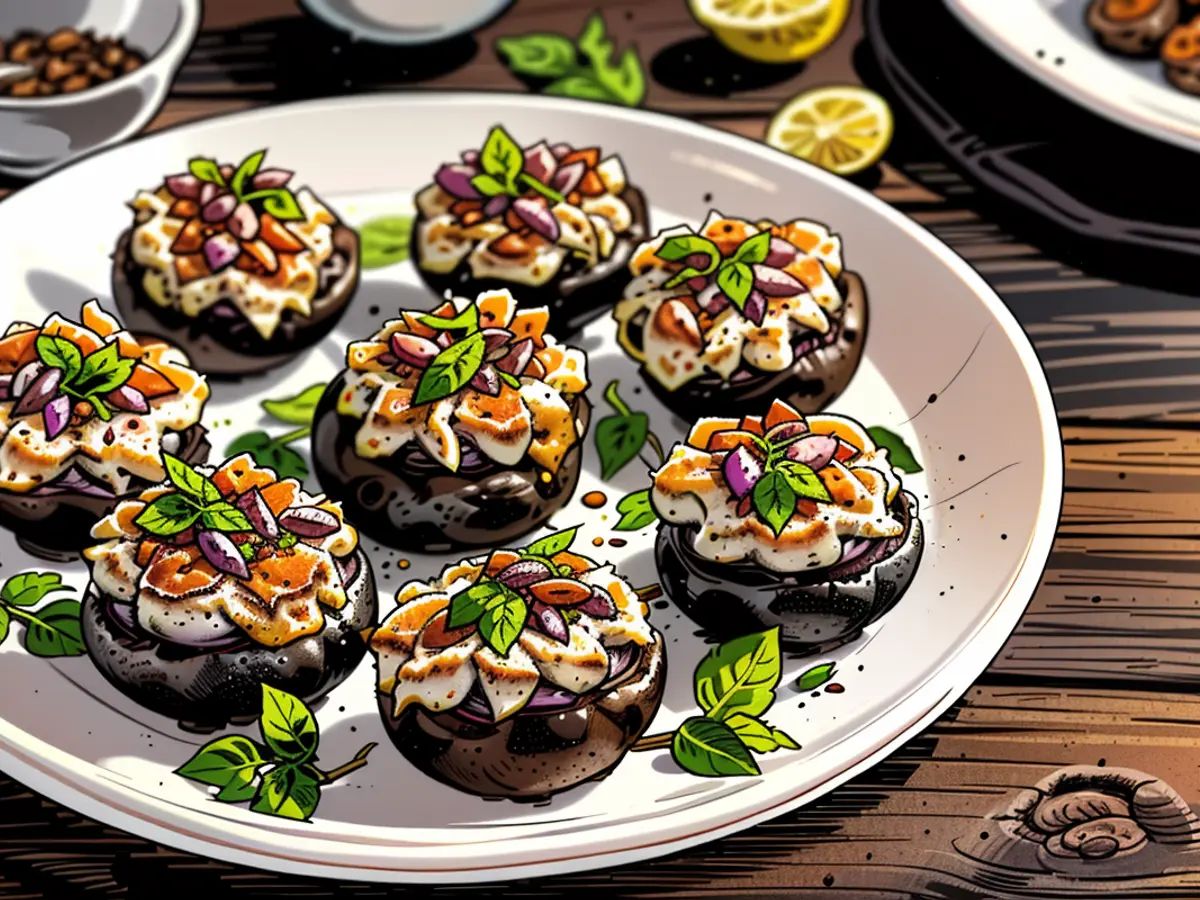Maggots for lunch - Singapore allows 16 insect species as food
The Singapore City-State has officially approved 16 insect species for use as food, including locusts, crickets, and silkworms. According to a circular from the Singapore Food Agency (SFA), these insects and insect products can be used for human consumption or as feed for animals used in food production.
The agency had already initiated consultations on regulations in 2022. The Sender Channel News Asia (CNA) quoted the circular as stating that regulations for companies planning to import, farm, or process insects were important, "as the insect industry is still in its infancy and insects represent a new food source."
Singapur: No insects from the wild allowed
It is necessary to ensure that no harmful substances are used during cultivation and processing, and that insects are not caught in the wild. Since there are currently no international standards, the agency based its decisions on countries and regions that already allow the consumption of certain insect species.
For instance, the European Union, Thailand, South Korea, and Australia have approved the consumption of certain insect species that meet certain criteria. In Thailand, markets selling bamboo worms, scorpions, or beetles have long been a part of daily life. In the EU, dried mealworms, locusts, house crickets, and grain beetles are currently approved, all of which are typically processed into powder form.
The Food and Agriculture Organization of the United Nations (FAO) supports insect farming for human consumption and as animal feed: "Edible insects contain high-quality proteins, vitamins, and amino acids for humans," states the FAO's website. Crickets, for example, require approximately six times less feed than cattle, four times less than sheep, and half as much as pigs and broiler chickens to produce the same amount of protein.
The Food and Agriculture Organization of the UN also promotes insect farming in the EU, noting that insects like crickets contain high-quality nutrients suitable for human consumption. Despite Singapore's approval of using locusts and other insects as food, it's important to note that wild-caught insects are not allowed due to the lack of international standards.








